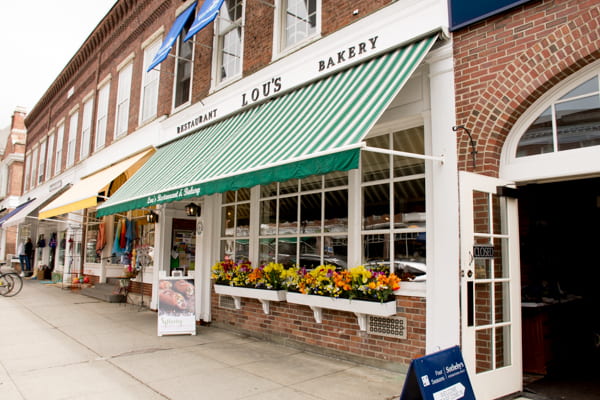General Information:
- Type: Verbal Lore
- Language: English
- Country of Origin: United States
- Informant: C.K. ’23
- Date Collected: 11/07/2021
- Location Collected: Dartmouth
Informant Data:
C.K. is a 20-year-old male from North West United States. He was born and raised in Oregon and moved across the country to pursue an engineering degree at Dartmouth College. At Dartmouth, C. enjoys spending time outdoors with friends and playing water polo for the club team.
Contextual Data
- Cultural Context: Dartmouth is a diffuclt school where students are often required to spend large amount of time working and studying. How people study varies, and FFB gives students the opprtunity to study in a more social and engaging enviroment. This is in contast to rooms in upper levels of the library which are typically much quieter.
- Social Context: Baker/Berry library is considering the main study location at Dartmouth college. As would make sense, the first floor, which is most accessible, is one of the most popular spaces for people to meet and do work. The location is filled with larger desks and round tables that students can work at with their friend.
Item:
FFB stands for “First First Berry.” This refers the the first floor study space of the Baker-Berry Library where Dartmouth College students go to, but is not limited to, work on problem sets, papers group-projects, and socialize with friends.
Associate File:
Transcript: “FFB stands for First Floor Berry. It is the main study area in the Dartmouth Library. I first heard it when I was a Freshman. It was one of my first days on campus and I overheard an upperclassmen ask their friend if they wanted to meet at FFB. At first I had no idea what it meant and later on, when I was on trips, my trip leader told me about its meaning. The term seems universal among Dartmouth students, with all grade years using the term, and no grade seems to use it more than the other. We also have a kind of mini community on FFB. There are certain frequenters of this space who spend most, if not all, of their study time there.”
Informants Comments:
FFB has a very positive connotation. It makes me think of talking and spending time with friends. A “coming together” type of word
Collector’s Name: Dylan Bienstock
Tags/Keywords
- Verbal Folklore
- Slang
- Students
- Dartmouth
- Studying




